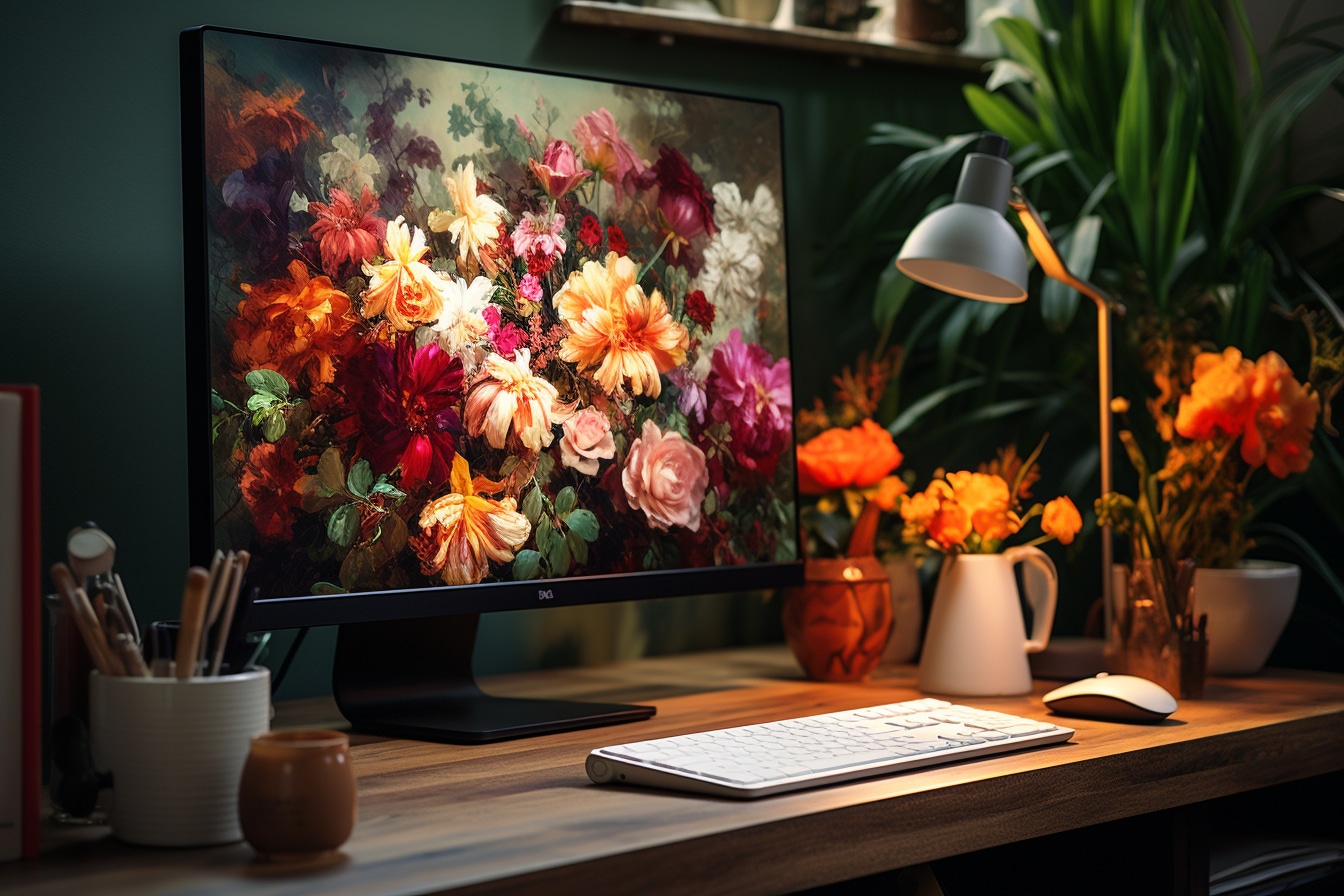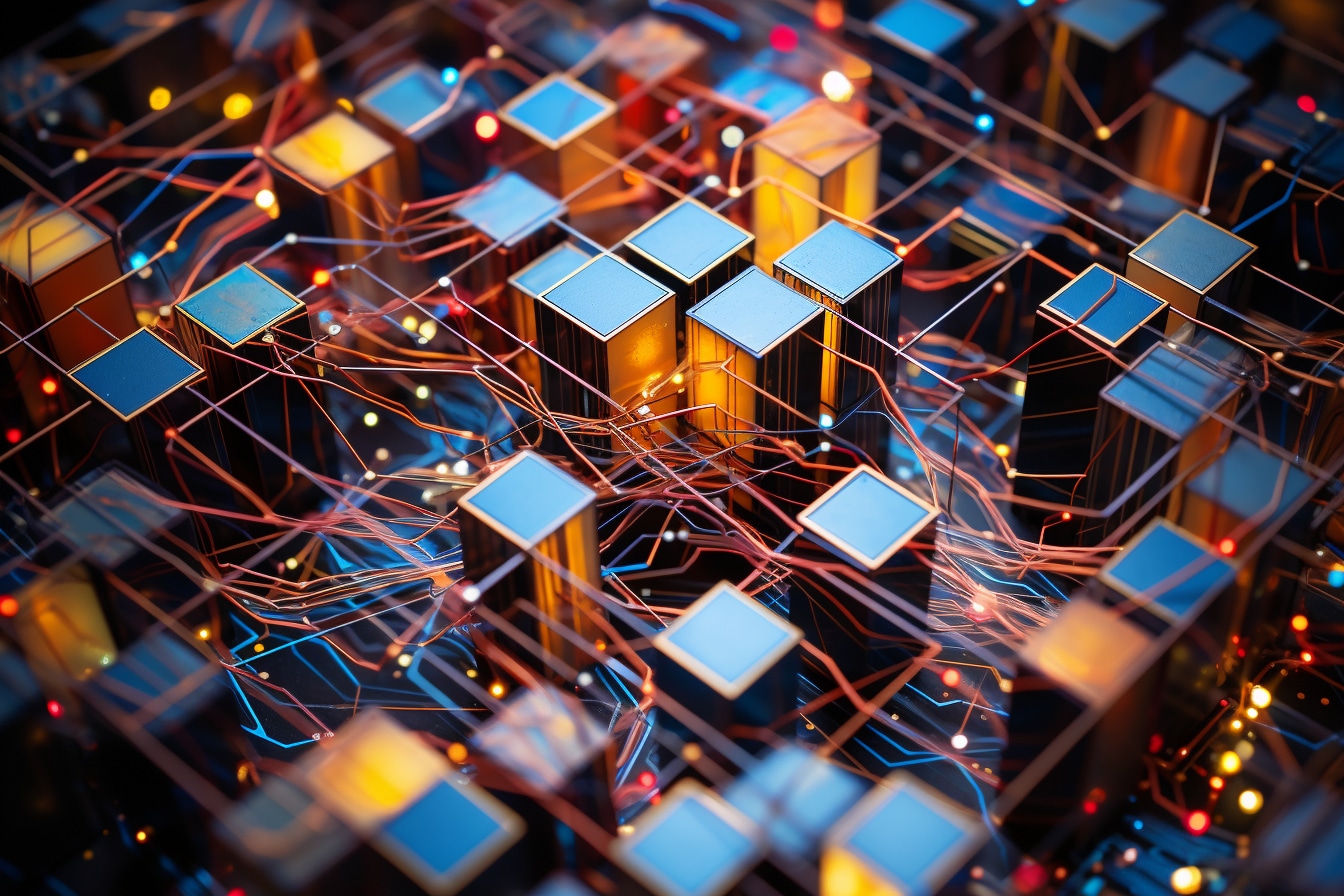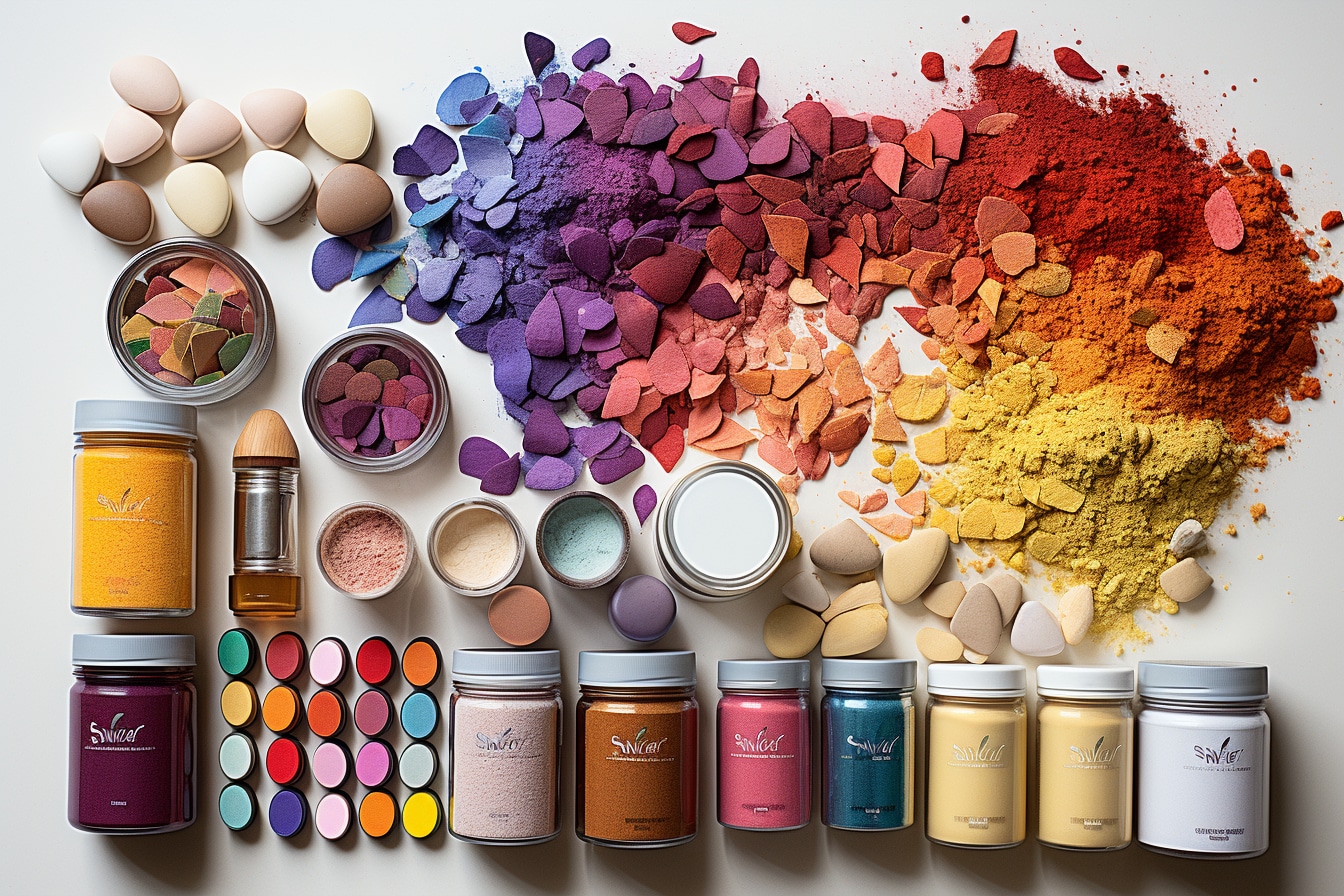AI in the service of art: debunking the myths
These days, artificial intelligence (AI) is present in all fields, and particularly in the artistic sector. Technological advances have prompted researchers to explore how AI can transform our approach to art, despite the many myths surrounding this innovation.
AI as a tool to aid artistic creation
Algorithms are now capable of automatically generating works of art thanks to deep learning. This process enables AI to learn artistic styles by imitation, and thus create its own compositions. This does not mean that the human artist loses his or her value; on the contrary, AI becomes a tool to aid creation.
-
-
Improving existing techniques
-
Artists can use these technological advances to improve their working methods and push back the boundaries of their creativity. For example, they can experiment with new combinations of styles or implement more complex techniques than before.
-
-
Influence on the creative process
-
AI can also play a major role in the creative process, proposing innovative ideas that might never have seen the light of day without the intervention of these algorithms. Artists are then encouraged to see their work in a different light and rethink their artistic approach.
Demystifying the myths surrounding AI and art
Despite the undeniable contributions of l\’AI in the artistic field, certain myths persist and sometimes hinder its adoption.
-
-
Myth #1: AI will replace human artists
-
This myth has its origins in the fear that machines will replace human beings in all sectors of activity. However, when it comes to the arts, AI is more of a complementary tool than a threat to artists. It can stimulate creativity and open up new perspectives, rather than supplanting the human being.
-
-
Myth #2: Works created by AI are not “real” art
-
Some believe that only works of art created by human beings can be considered authentic. However, if we take into account the fact that AI is capable of generating original and surprising works, this assertion loses its relevance. What’s more, as mentioned above, AI often acts as a tool at the service of artists, who remain primarily responsible for creating the works.
-
-
Myth #3: AI will dehumanize art
-
This myth is based on the idea that the intervention of a machine in the creative process would make art less sensitive and touching. However, it should be stressed that AI is often used as an aid to creation, enriching rather than impoverishing artworks. What’s more, it’s the human artist who remains at the heart of the artistic process, giving a human dimension to the works created with the help of AI.
Some examples of AI use in the arts
To better understand how AI is transforming the art sector, here are a few concrete examples:
-
-
Restoration of works of art
-
AI can be used to restore damaged or partially erased works of art. Thanks to deep learning, algorithms are able to reconstruct the missing parts of a work, based on the artist’s style and remaining visual elements.
-
-
Recognition and analysis of works of art
-
AI is also capable of analyzing works of art, identifying their stylistic and iconographic elements. This can be particularly useful in art history research or to help authenticate works.
-
-
AI-generated music
-
Researchers have developed algorithms capable of composing music autonomously, based on learning from existing tracks. This makes it possible to create original and sometimes surprising compositions, which can then be reworked by human musicians.
In short, artificial intelligence is transforming our approach to art and artistic creation, opening up new perspectives and pushing back the boundaries of the imagination. It is therefore essential to demystify the fears associated with this innovation and to recognize AI as a formidable tool at the service of art and artists.




